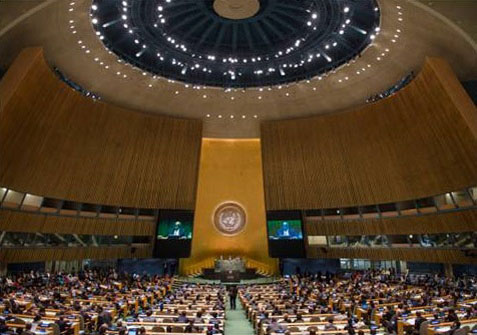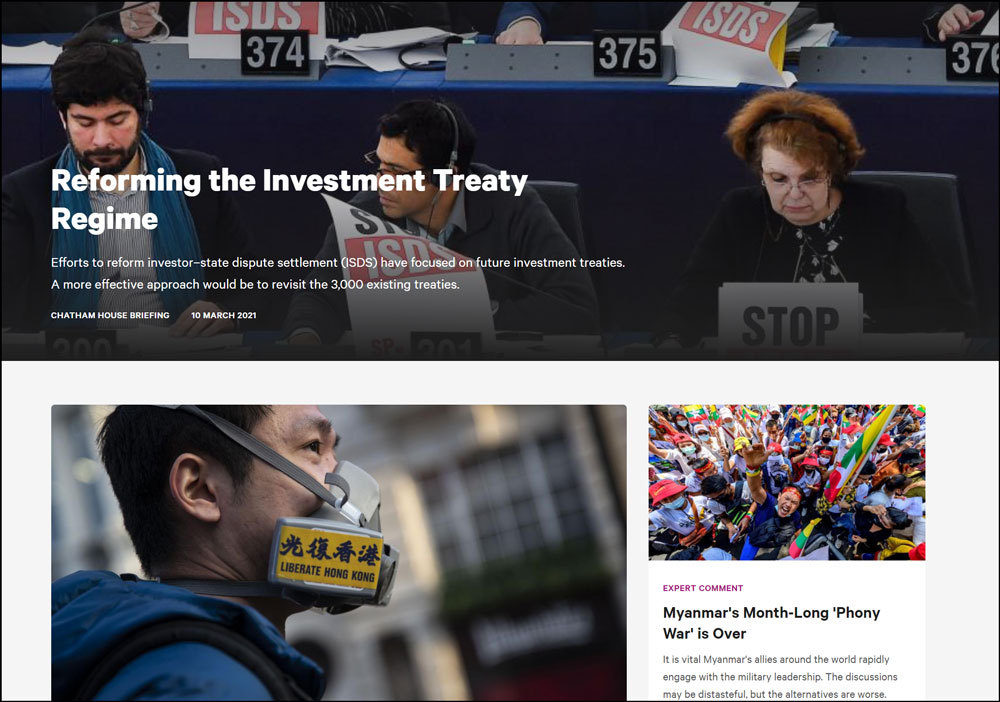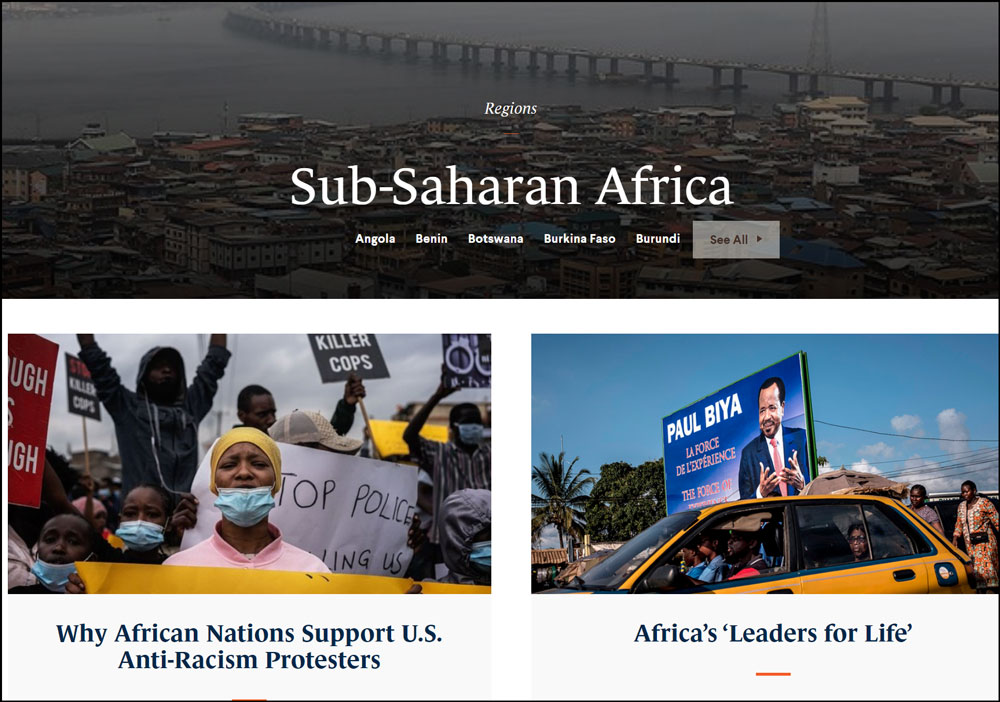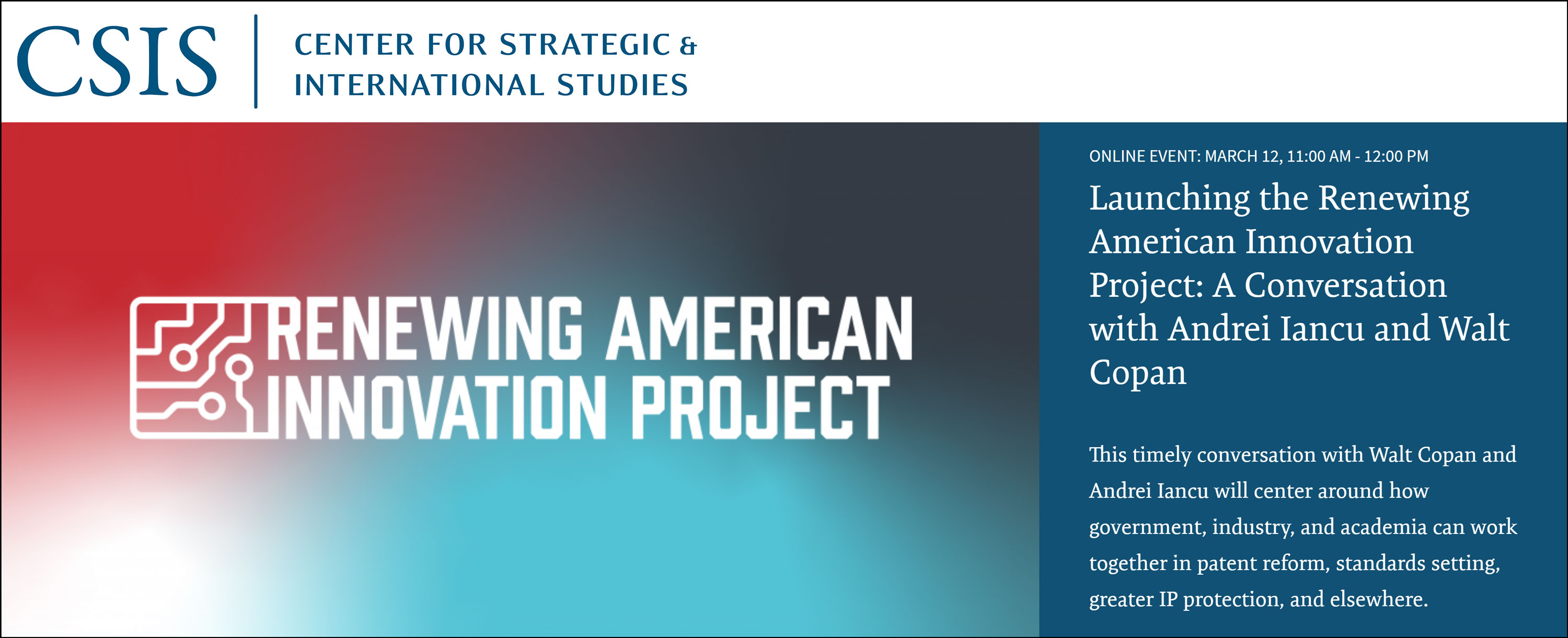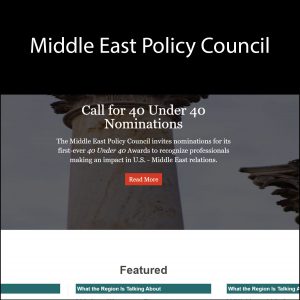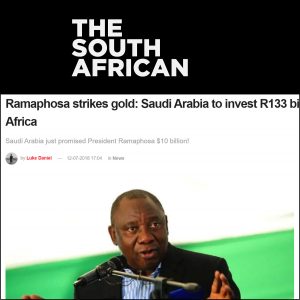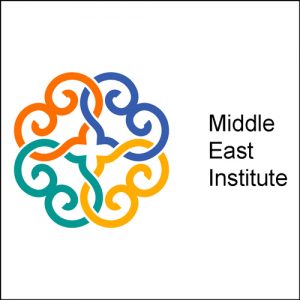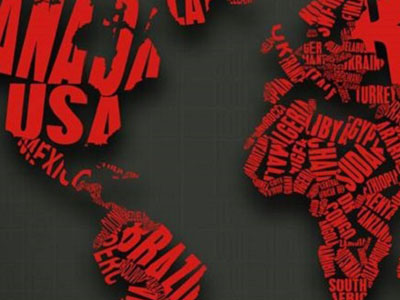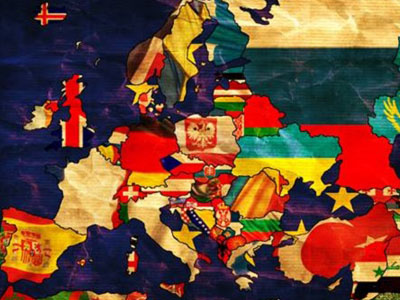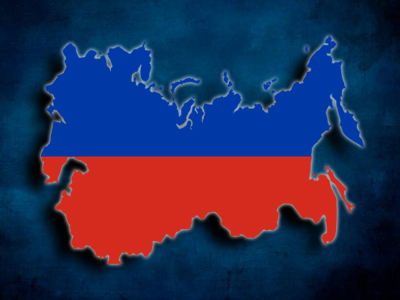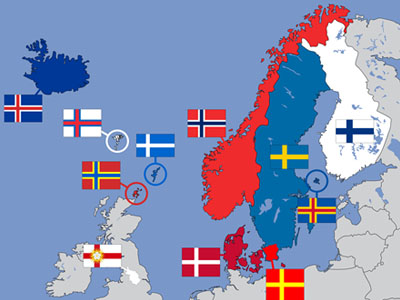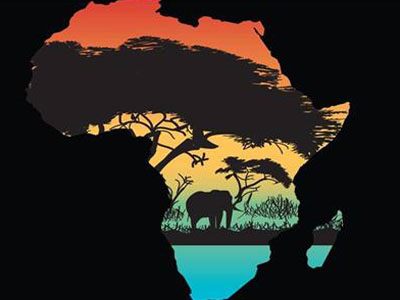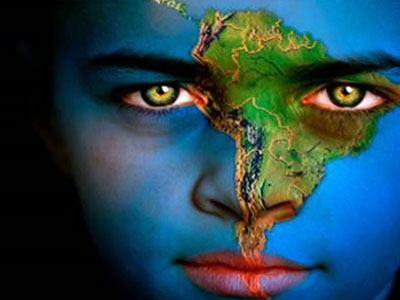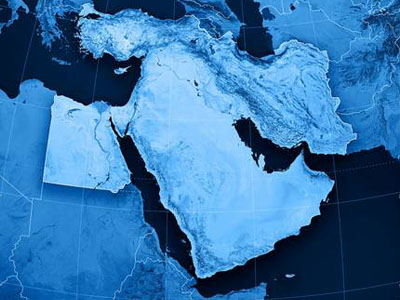The Gulf States’ Competition for Africa
The Gulf States’ Competition for Africa
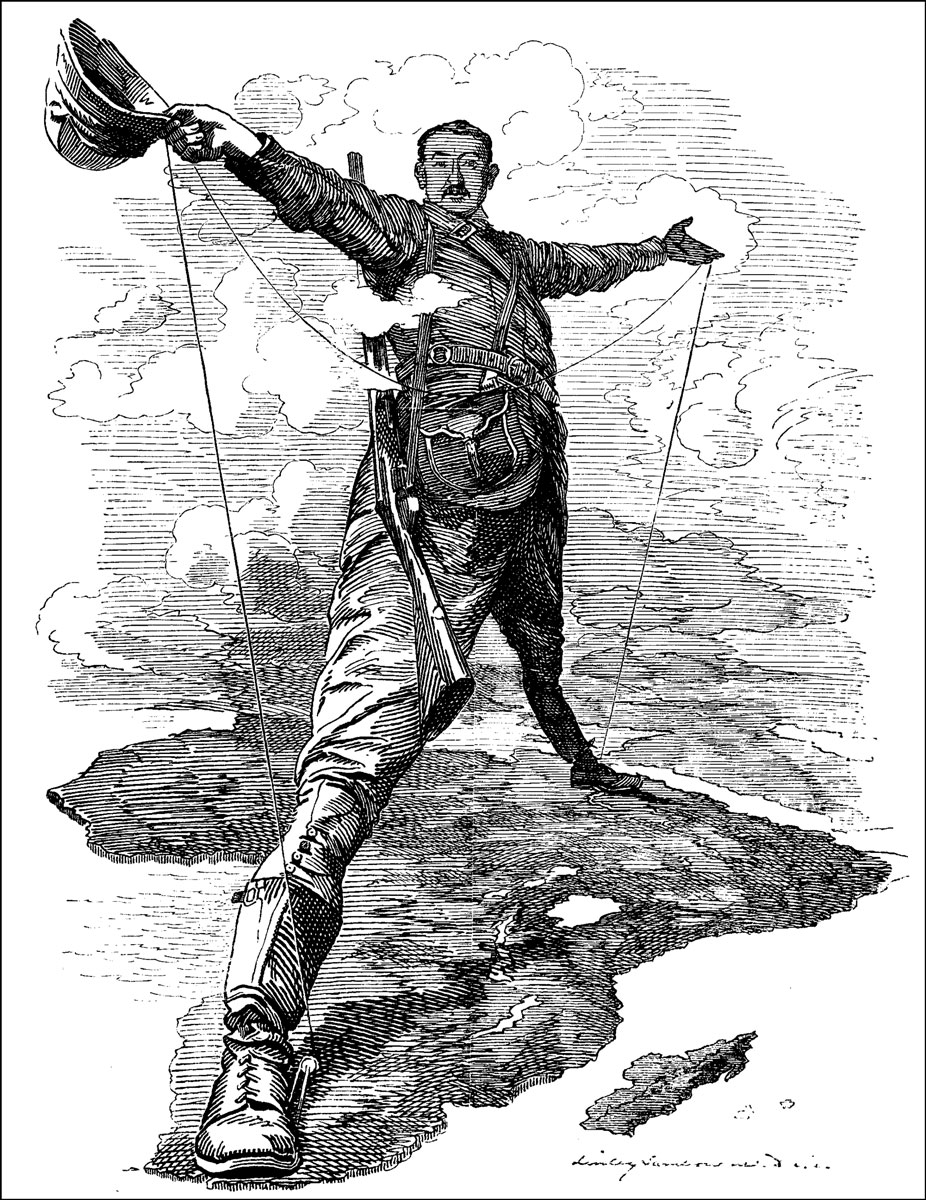

Written for JESPIONNE

Meena Jehan
I firmly believe that Africa has become a modern day, “New World”, as China and now the Gulf States compete for influence and economic footholds across the continent. The African continent is currently enduring various civil wars, economic turmoil, and varying levels of extreme poverty varying by country. I fear that further interference by the Gulf States in Africa may only further the economic exploitation, proxy conflicts, and extreme poverty that the continent already suffers daily.
The Jeddah Peace Agreement in 2018 served as a watershed moment for Gulf State involvement in Africa. Saudi Arabia managed to broker a peace agreement in the decades long conflict fought between the two small African nations of Eritrea and Ethiopia. However, as history has repeatedly shown, peace is not always free and Gulf State involvement in the conflict continues to grow as a new scramble for Africa’s precious resources and man-power is already in motion.


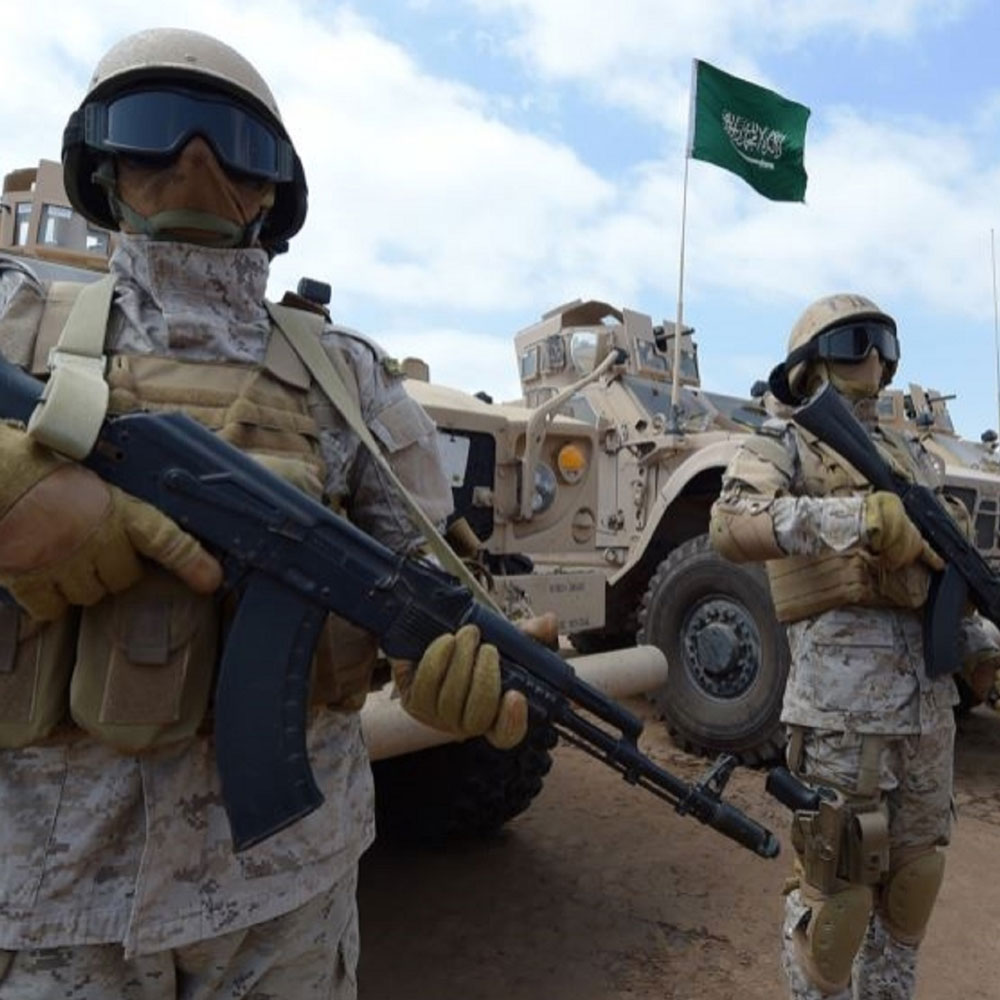
"T he impact of Gulf States’ rivalries in Africa is becoming increasingly damaging, as their zero-sum rivalry has provoked retaliations, which have dangerously destabilized vulnerable parts of Africa such as during the fallout to the GCC crisis."
- Will Todman, Associate Fellow ME Program at CSIS

April 2021

I believe that one of the key problems posed by Gulf intervention in the African continent is continued economic exploitation of vulnerable countries. For example, the UAE utilizes its immense shipping and maritime capabilities to import various commodities from the continent. Between 2010 and 2015, the UAE imported approximately $5 billion dollars worth of goods from Africa. While the hard currency is surely appreciated by the continent, the commodities they are giving up could have been used to support struggling nations in Africa. Saudi Arabia, on the other hand, has been investing heavily in agriculture, purchasing approximately 500,000 hectares of Tanzanian land in 2009. Again, I cannot help but feel concerned about agrarian land being taken from a continent that regularly suffers famine.
I fear that rapid investment and growing economic ties with various African countries may also bring the Gulf States into an eventual collision with China which continues to pour unfathomable sums of money into various infrastructure, agricultural, and energy projects across the continent every year. We must not discount the real possibility that Chinese and Gulf State tensions may become increasingly heightened as both parties vie for dominance of an increasingly exploited Africa. Africa has had a long history of proxy conflicts and further economic combat between powerful states like Saudi Arabia and China may create new security risks and possibly even new conflicts.



The Gulf States have increased security operations in Africa, but once again I fear that this may only bring more conflict to the continent instead of furthering stability. For example, the Gulf States have been actively creating overseas bases on the Horn of Africa to fuel the ongoing war and humanitarian crisis currently unfolding in Yemen. I believe that such actions may work to destabilize the security of Horn countries like Somalia and Djibouti. I also suspect that such security operations may in fact be efforts to increase the diplomatic and reputational standing of Gulf Countries in the eyes of the international community.
Will Todman, an associate fellow at the Middle East program of the CSIS, puts it quite clearly, “The impact of Gulf states’ rivalries in Africa is becoming increasingly damaging, as their zero-sum rivalry has provoked retaliations, which have dangerously destabilized vulnerable parts of Africa, I shudder at the thought of my home continent once again becoming a battleground for various rival states to display their supremacy. We must look for solutions to the continued exploitation of Africa at the hands of foreign powers.
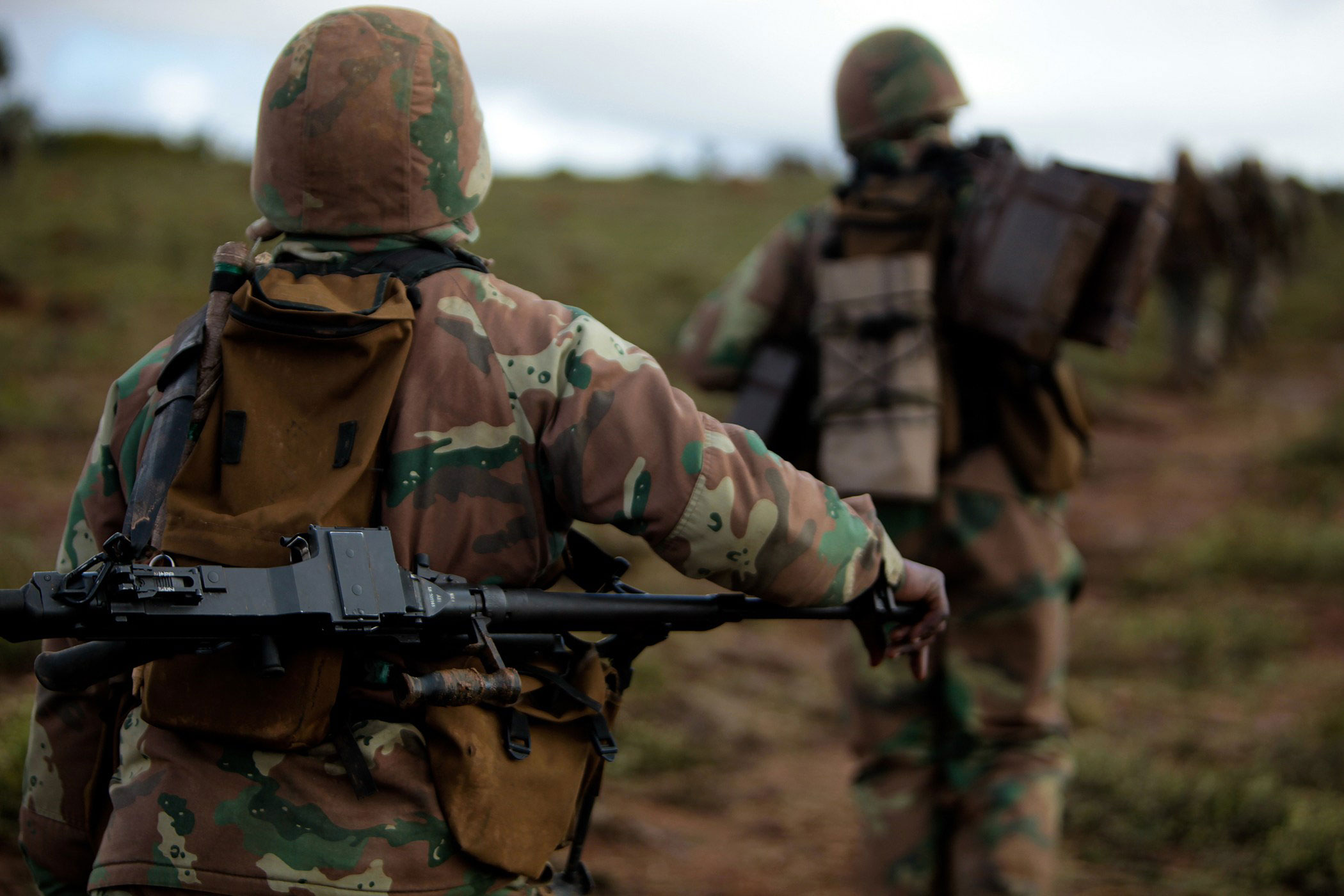

Reference Article

By Will Todman for CSIS
When the border dispute between Eritrea and Ethiopia descended into bloody conflict in 1998, few could have predicted where a peace agreement would be signed some 20 years later. On September 16, 2018, the Eritrean and Ethiopian leaders sat at desks facing one another in the middle of a lavish hall in the Peace Palace in Jeddah. A huge portrait of Abdulaziz, Saudi Arabia’s first king, loomed over them. King Salman bin Abdulaziz sat underneath, with Crown Prince Muhammad bin Salman and the secretary general of the United Nations Antonio Guterres on either side. The optics were clear: It was under Saudi sponsorship that decades of conflict ended. The deal would be known as the “Jeddah Peace Agreement.”1 The Jeddah Peace Agreement is the latest example of Arab Gulf states’ increasingly assertive interventions in sub-Saharan Africa. Although the Arabian Peninsula shares historic religious, economic, and linguistic links with parts of sub-Saharan Africa, Gulf Cooperation Council (GCC) states have rapidly deepened their economic and security ties across the African continent in the last decade, and a growing diplomatic role has followed. Gulf states are seeking to demonstrate their status on the world stage by acting as powerbrokers in African conflicts, and they have also attempted to secure the backing of African states in their own disputes. As they prepare to play a more significant role on the world stage, GCC states have come to view sub-Saharan Africa as a laboratory in which they can test more assertive international interventions.
Although Gulf Arabs have traded with Africans for centuries, the global financial crisis from 2007 to 2008 motivated GCC states to deepen their economic ties with Africa. With economies in the West slowing down, Africa’s fast-growing economies and expanding middle classes became an increasingly attractive prospect for investors across the world. But three other key factors prompted GCC states to turn to Africa. Building economic ties in Africa helped Gulf states capitalize on their geostrategic location, increase their food security, and enhance their reputation as benevolent Muslim actors. Expanding their economic influence in Africa has provided GCC states with their most important source of leverage to advance their security and diplomatic goals. GCC states have advanced their strategies of economic diversification and reduced reliance on oil by investing in African markets, which became even more critical when oil prices crashed in 2014. The UAE invested an estimated $11 billion in capital in Africa in 2016, overtaking Saudi Arabia to become the largest GCC investor and the second largest in the world after China.2 Gulf companies’ expertise in the energy sector makes them especially attractive to African states seeking to develop their energy industries, and Saudi Arabia recently announced a $10 billion investment in South Africa’s energy sector.3 Meanwhile, Gulf states’ ability to execute large-scale infrastructure projects is also appealing to rapidly-developing African states.
Photos
APA/ AFP/ Getty/ Reuters
TAGS
Gulf State/ Africa/ African Intervention/ Horn of Africa/ Somalia/ Djibouti/ Tanzania/ South Africa/ China/ Economic Exploitation/ Concessions

April 2021














